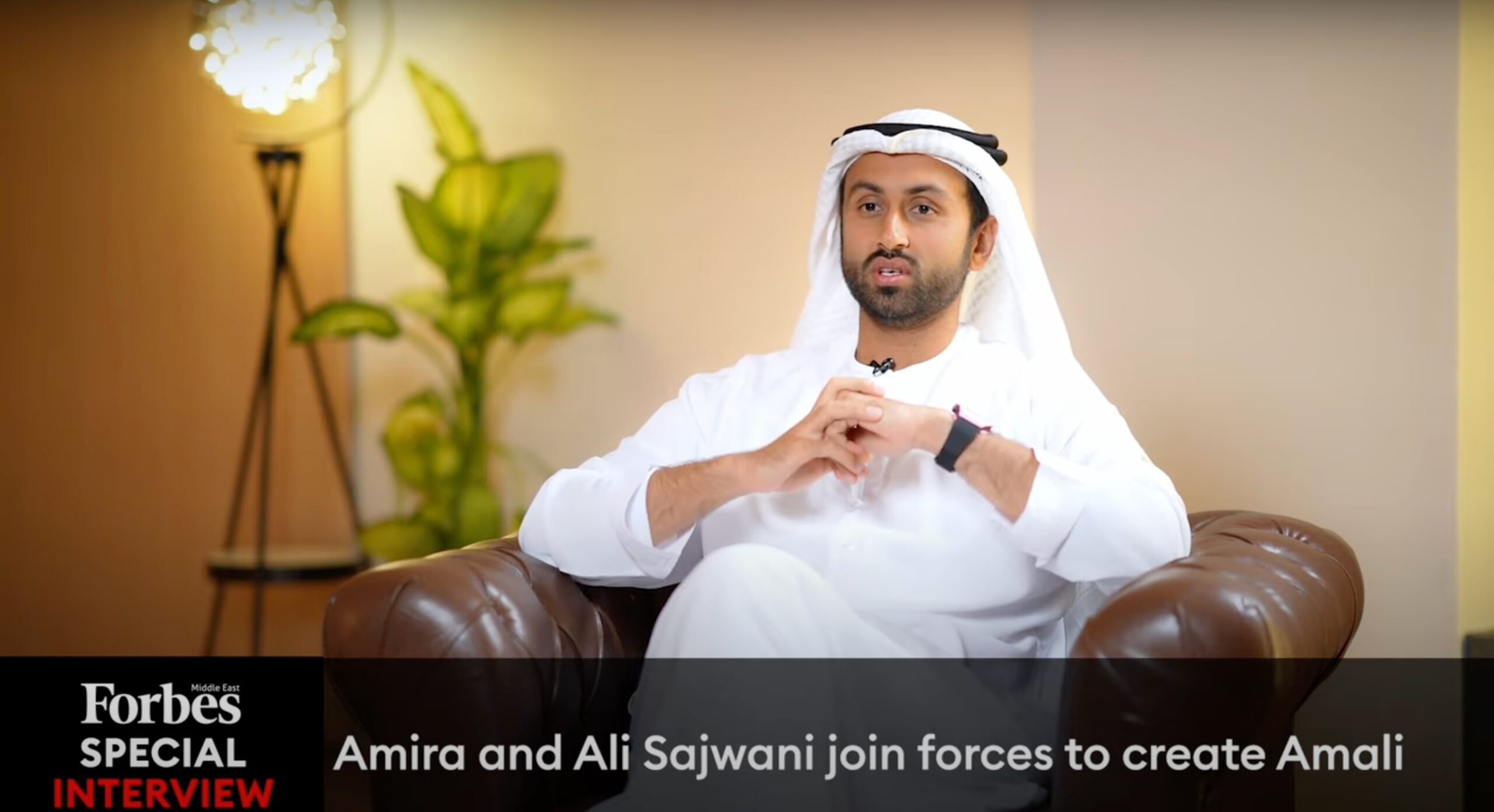One of Dubai’s largest real estate developers is already close to $500 million in property sales each year online – and the metaverse is expected to help this grow more than five-fold when it is fully utilised as a selling channel.
Many observers may be sceptical about the nascent Web3 sector, but Damac Properties is confident that venturing into the next iteration of reality will pay off because of its already successful track record of virtual deal-making during the coronavirus pandemic.
“We started focusing on online sales when Covid started in 2020 because the sales centre shut down – Dubai shut down – but we still had to sell,” said Ali Sajwani, general manager of operations at Damac Properties.
“We had people doing Zoom and Microsoft Teams calls with our sales team – in Canada, the US, Europe, China, you name it — and they started purchasing property without ever visiting Dubai.
He added: “We sell around a $100 million a quarter now through that channel.”
The economic opportunities are huge. Investment giant JP Morgan predicts that this new digital economy will generate $1 trillion in yearly revenues.
Earlier this year Citi said the metaverse economy could be worth $13 trillion by 2030, with management consultants McKinsey predicting that ecommerce will be the biggest beneficiary of the metaverse.
Sajwani said he believes leveraging the metaverse to upgrade the buyer experience will drive a five-fold spike in sales.
Currently, Damac’s real estate sales agents are armed with just video calling and brochures. In the future, Damac’s metaverse will enable customers to explore digital twins of real world assets.
Ali Sajwani, general manager of operations at Damac Properties, says clients buy without physically visiting
“Customers see the property online, they make their payment online, they might visit Dubai a year later or they might come at the time of handover, but they’ve actually completed the sales process for a home without physically visiting the city or seeing what it’s like in real life,” Sajwani said.
“We believe that if we are capable of selling almost a $100 million without having the correct tools, then once you have an immersive metaverse platform – where the end user can log in, look at what he is buying, select his finishes, see his views, look at the community – we believe our conversions will significantly increase.
“We think this could grow by five to six times, so $100 million will be maybe $400 to $600 million each quarter.”
Damac’s first phase of its metaverse platform will launch in less than a year.
“We’re looking at a minimum viable product (MVP) in hopefully six months,” Sajwani said.
“I think what we do today with real world assets is much more difficult than building virtual assets,” he added.
Although best known for its property developments, the Dubai family business has been making sizeable technology investments.
Damac Group last year expanded into the data centre sector with the launch of Edgnex, a data centre business with a global footprint.
The developer is planning to spend $1 billion expanding this and is also investing $100 million in its D-Labs subsidiary, which aims to develop digital properties in the metaverse. Earlier this year it commenced work on a Metaverse Strategy that aims to see the sector contribute $4 billion to the emirate’s economy by 2030 and one percent to Dubai’s GDP.


